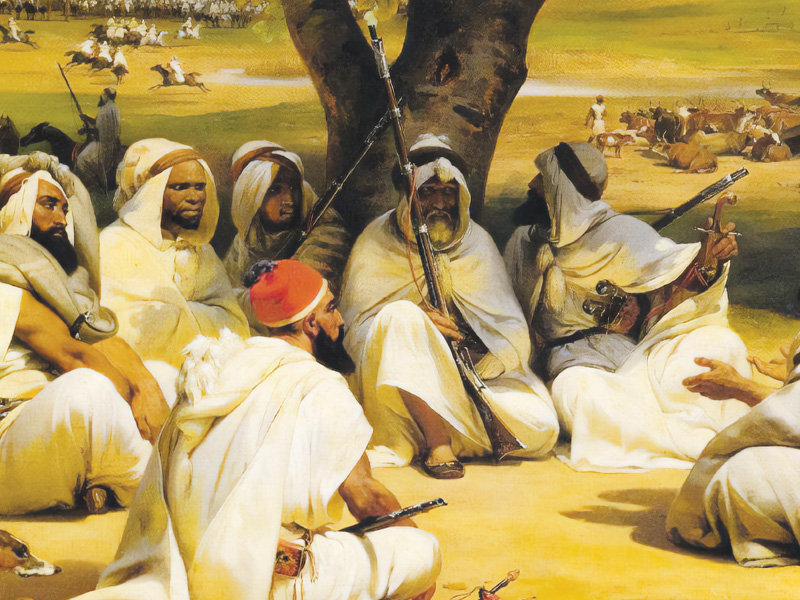Anonymity in Algerian folk proverbs
Issue 65

Abdul Rahman Baghdad. Algeria
Folk proverbs, with their broad scope and the messages and sermons they deliver, which are brimming with folk memories, have been studied alongside mainstream Arabic proverbs.
Because of its humanistic nature, cultural components and wealth of meanings, the Algerian folk proverb has been at the forefront of folk arts exploration and research by specialists.
As a reflection of the human experiences and literary talents that enable people to make the right choice in the right situation, folk proverbs have the attributes and characteristics of the communities that communicate with them.
Within the context of effective discourse and sage advice, the simplicity and directness of a folk proverb make it ideal for conveying the innermost thoughts and feelings of those delivering the message.
To help the reader understand proverbs and their meanings, this study provides a synopsis, within the context of folk literature, of the semantic components of the vocabulary of Algerian folk proverbs, with the aim of exploring their meanings, highlighting their contexts, and comparing them.
The antonymous proverbs are an integral part of Algerian culture, which values religious, national and social factors and is used intuitively in everyday life. They serve as a means of communication between the speaker and the listener, but they also have aesthetic and moral value.
This study aims to explore the cultural and informative features of proverbs by utilising the methods of anonymity in Algerian folk proverbs in their many forms, specifically in connection to their reliance on words with consistent interactions with other words.







































































